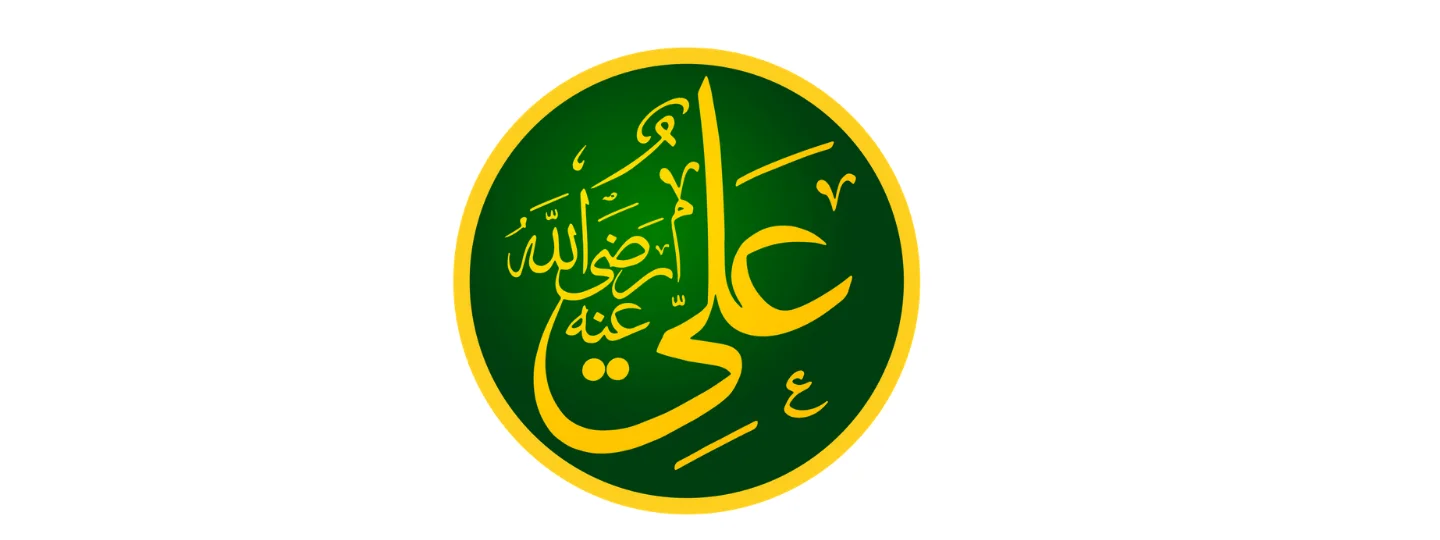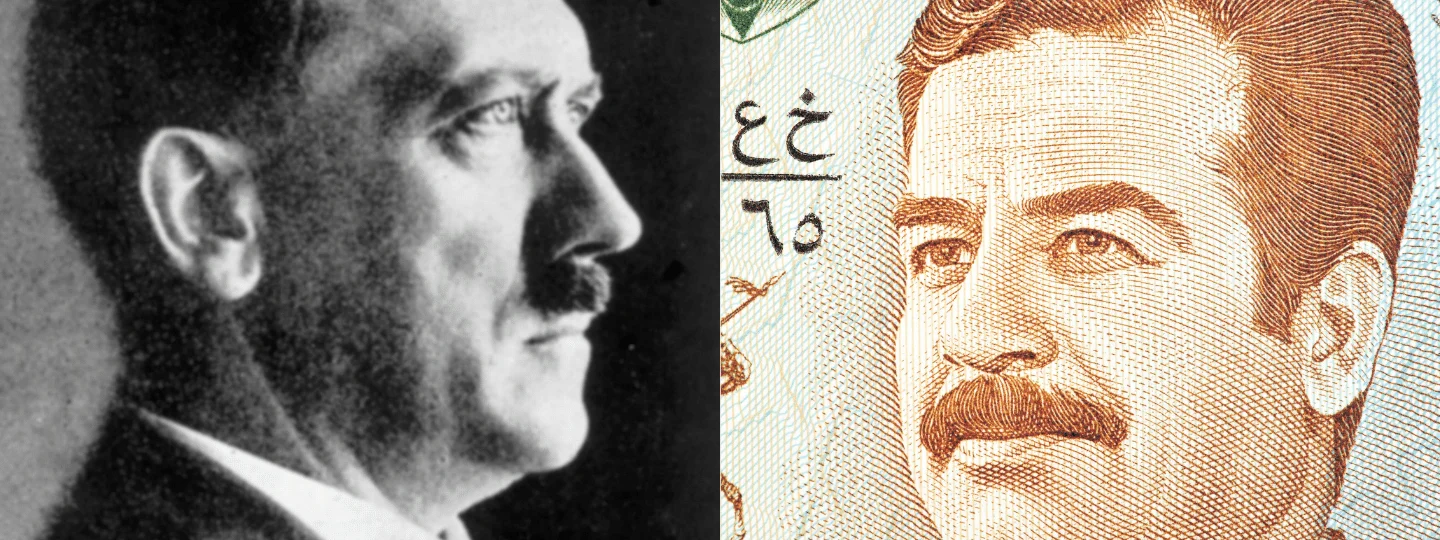What does the Hadith Ali is our Mowla mean?
Quran
Hadith
Islamic Text
It refers to Sayidina Ali being close to the Prophet ﷺ and close to the believers. As mentioned by classical scholars like Imams Ali al-Qari, al-Suyuti and others.
عَنِ النَّبِيِّ صَلَّى اللَّهُ عَلَيْهِ وَسَلَّمَ قَالَ: «مَنْ كُنْتُ مَوْلَاهُ فَعَلِيٌّ مَوْلَاهُ»: هَذَا حَدِيثٌ حَسَنٌ غَرِيبٌ»
The Prophet ﷺ said, ‘If I am a person’s Mowla, then Ali is also his Mowla.’ (Sunan al-Tirmidhi 3713, Imam Tirmidhi said it is Hasan).
Many Shia use this Hadith to claim that Sayidina Ali (May Allah Most High be pleased with him) should have been the first Khalifah after the Prophet ﷺ. However this is a clear error, had that been the correct understanding of the Hadith then no Sahaabi would have gone against it, nor would Sayidina Ali have given Baya (the pledge of allegiance) to Sayidina Abu Bakr .
وَقَالَ الشَّافِعِي عَنى بذلك وَلَاء الْإِسْلَام كَقَوْلِه تَعَالَى ذَلِك بِأَن الله مولى الَّذين آمنُوا وان الْكَافرين لَا مولى لَهُم وَقيل سَبَب ذَلِك ان أُسَامَة قَالَ لعَلي رَضِي لست مولَايَ انما مولَايَ رَسُول الله صَلَّى اللهُ عَلَيْهِ وَسَلَّمَ. (شرح سنن ابن ماجه).
Imam al-Shafi said it (the Hadith) means the Wala (alliance) of Islam. Like Allah (Most High) said, That is because Allah is the protector of those who believe, and the disbelievers have no protector. It is said that the reason for this statement (in the Hadith) was that Usamah (May Allah Most High be pleased with him)) said to Ali , you are not my Mowla, rather the Messenger of Allah ﷺ is my Mowla. (Imam al-Suyuti, Sharh Sunan Ibn Maja).
In the above Nass (text) Imam al-Suyuti explains the meaning of the Hadith and how it speaks to the general Wala of Islam and has nothing to do with Khilaafah. Imam Ali al-Qari provides further clarification regarding the meaning, and once again makes no connection to Khilaafah.
قِيلَ، مَعْنَاهُ: مَنْ كُنْتُ أَتَوَلَّاهُ فَعَلِيٌّ يَتَوَلَّاهُ مِنَ الْوَلِيِّ ضِدِّ الْعَدُوِّ أَيْ: مَنْ كُنْتُ أُحِبُّهُ فَعَلِيٌّ يُحِبُّهُ، وَقِيلَ مَعْنَاهُ: مَنْ يَتَوَلَّانِي فَعَلِّيٌّ يَتَوَلَّاهُ. (مرقاة المفاتيح شرح مشكاة المصابيح).
It is said that it means, whoever I take care of, Ali will take care of him. It means being an ally, the opposite of an enemy. Meaning, whoever I love, then Ali loves him. And it is said that it means, whoever takes me as a Wali, then Ali will take him as a Wali. (Imam Ali al-Qari, Mirqaat al-Mafateeh).
Further on, Imam Ali al-Qari mentions the context surrounding this Hadith, as Imam al-Suyuti done above.
وَقِيلَ: سَبَبُ وُرُودِ هَذَا الْحَدِيثِ كَمَا نَقَلَهُ الْحَافِظُ شَمْسُ الدِّينِ الْجَزَرِيُّ، عَنِ ابْنِ إِسْحَاقَ أَنَّ عَلِيًّا تَكَلَّمَ بَعْضُ مَنْ كَانَ مَعَهُ بِالْيَمَنِ، فَلَمَّا قَضَى النَّبِيُّ – صَلَّى اللَّهُ عَلَيْهِ وَسَلَّمَ – حَجَّهَ خَطَبَ بِهَا تَنْبِيهًا عَلَى قَدْرِهِ وَرَدًّا عَلَى مَنْ تَكَلَّمَ فِيهِ كَبُرَيْدَةَ كَمَا فِي الْبُخَارِيِّ. (مرقاة المفاتيح شرح مشكاة المصابيح).
And it is said that the circumstances surrounding the statement of the Prophet ﷺ, as narrated by al-Hafidh Shams al-Din al-Jazari from Ibn Ishaq, were that Ali spoke to someone who was with him in al-Yemen. So, when the Prophet ﷺ completed his Hajj he delivered a sermon clarifying his (Sayidina Ali’s) rank, and refuting those who spoke against him (Sayidina Ali), like Buraydah, as is narrated in Bukhari (see Sahih al-Bukhari 4350). (Imam Ali al-Qari, Mirqaat al-Mafateeh).
From the above Nussoss we can confirm that Sayidina Ali is our Mowla, there is no doubt regarding this. But such a statement has nothing to do with Khilaafah. The Sahabah would all gladly say, Ali is our Mowla, but they made no connection between this fact and the Khilaafah. Had they made such a connection then it would have been part of the discussion regarding the Khilaafah after the Prophet ﷺ.
Rather making a connection between accepting Sayidina Ali as our Mowla and the Khilaafah is an innovation that took place later, and unfortunately divided the Ummah until this day.
And Allah (Most High) Knows Best.
– Answered by Shaykh Noorud-deen Rashid (17.08.2021)
See also:
See also (video):






